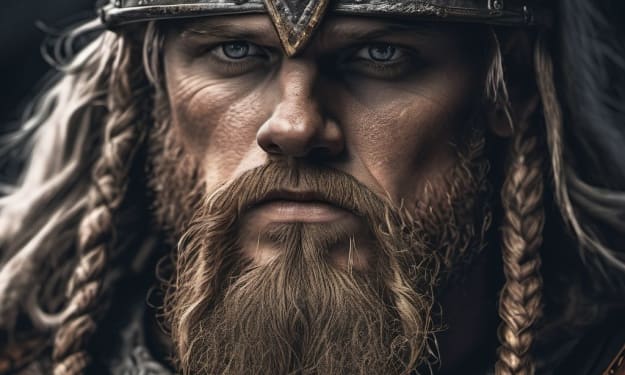Unraveling the Mysteries of Viking History and Culture
Viking History and Culture

The captivating world of the Vikings, seafaring warriors hailing from the Scandinavian region, continues to intrigue historians and enthusiasts alike. Adventure, exploration, and culture are all blended together in their legacy. This article delves into various aspects of Viking history and culture to shed light on who they were and what made them such formidable figures in the medieval world. The Viking Age, often associated with brutal raids and fearsome conquerors, has its roots in the seafaring communities of ancient Scandinavia. The Norsemen, who came from modern-day Norway, Sweden, and Denmark, shared a common language and religious beliefs. However, their defining characteristic was their intimate relationship with the sea. These communities, particularly along the North Sea and the Baltic Sea, became the cradle of Viking civilization.
Scandinavian populations had distinct burial customs prior to the Viking era. Ship-shaped stone graves were constructed, representing the voyage to the afterlife. Cremations were performed within these boat-shaped graves. However, as the Viking era advanced, ship burials became more prevalent. In 2011, archaeologists discovered two boat graves on the island of Sarima, Estonia, containing the remains of 40 Viking warriors dating back to 650 A.D. This discovery implies the existence of pre-Viking-age Vikings who preceded the more widely recognized Viking era.
Located north of Lake Mälaren in Sweden, Lake Malarin held significant importance in Viking society as it served as the gateway to the Baltic Sea and was a central hub for the flourishing pre-Viking age Scandinavian community. The Vendel era, commencing around 600 A.D., marked the burial of distinguished men and women in boat graves, accompanied by valuable grave goods. These graves provided valuable insights into the lives and social status of the early Viking explorers.
The culture of the Vikings was significantly shaped by their interactions with neighboring regions. In Shetland, for instance, the Viking settlers repurposed structures that were initially constructed by the Picts, the former inhabitants of the islands. Trading was a vital aspect of Viking society, and they had established connections with different parts of Europe. The discovery of a bronze Buddha, dating back to 750 A.D., on the shores of Lake Malarin in Sweden is a testament to the extensive trade links between the Vikings and the East.
Viking society was significantly shaped by their pagan beliefs and mythology. Norse mythology revolved around prominent figures such as Odin, known as the Allfather, and his son Thor. Odin governed Valhalla, a celestial realm where warriors engaged in daily battles and indulged in nightly feasts. Additionally, the Viking society worshipped various deities, among them Freyja, the goddess associated with both love and war. Their religious rituals encompassed blood sacrifices and communal feasts, illustrating the intricate connection between the spiritual and pragmatic facets of Viking existence.
In Viking society, women held a crucial position, primarily in the management of their households. They enjoyed significant political and economic rights, and their duties encompassed the smooth functioning of the farms while the men were away. When the men were on the move, women were responsible for maintaining discipline and ensuring the welfare of their communities.
The Viking expansion and raids were fueled by their expertise in nautical technology and the iconic longships they used to venture beyond their native lands. The driving forces behind this expansion were the need for resources and the opportunities that presented themselves. Initially, the Vikings were explorers and traders, but they eventually transformed into conquerors and raiders. Their explorations took them to various lands, including the British Isles, France, Russia, and even North America.
The Viking civilization was not merely a group of merciless raiders, but rather a multifaceted society molded by their maritime customs, spiritual convictions, and the dynamic exchange of ideas between different cultures. As we delve further into their past, we gain a more profound comprehension of this fabled civilization. The enduring influence of the Vikings is evidenced by their exploration, commerce, and lasting impact on the medieval era.
About the Creator
Johnny Six
I'm a devoted stay-at-home mom, passionate about alternative education and homeschooling. My daughter is my focus, and together, we explore various hobbies,cooking, art, nature, reading, and music. https://helsprintsandthings.etsy.com






Comments
There are no comments for this story
Be the first to respond and start the conversation.